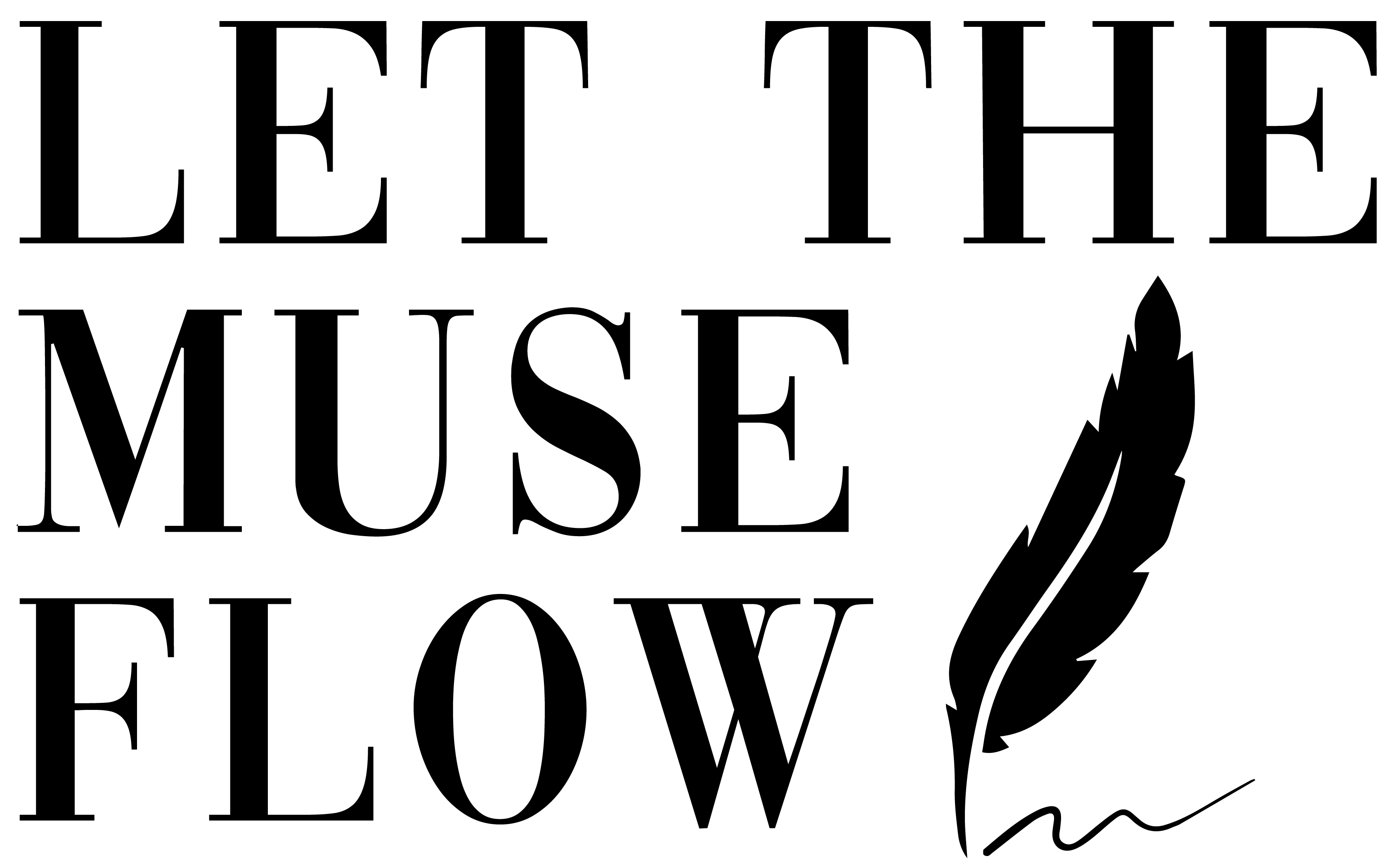 That’s a-bit-nervous moment (so to confess) when your boss looks at you in the face and gives you a spiel-of-a-kind on your performance review day. And yes the year-ending performance reviews are so on for most of the companies now.
That’s a-bit-nervous moment (so to confess) when your boss looks at you in the face and gives you a spiel-of-a-kind on your performance review day. And yes the year-ending performance reviews are so on for most of the companies now.
But the good part is that we all know that we need to improve in some way or the other. Otherwise how will we all make serious progress in our life? You can take some serious learnings from your past performance review and ensure that you work towards making your brand more promising and likeable. This post is not just about embracing criticism and feedback as I wrote earlier; it is also about what you need to keep in mind when you react on a certain given set of statements that reflect your performance for the year. Reactive or proactive approach – it all depends on your rapport with your boss and your personal yardstick of improvement that you consider for your performance review.
While this seems a little jittery when someone gives a candid review of our performance for a quarter, but we all still pick up the positive outcome out of this conversation with our bosses and promise to ameliorate on our shortcomings or our areas of improvement while keeping the long-term success metrics in mind before you enter into the next quarter of review.
And the best way to improve your personal brand perception is to sometimes keep quiet and simply ‘observe’ the other person before you come up your own version for appreciating your performance and flagging up your good work.
So what’s the best way to improve yourself?
Study the feedback given by your direct reports. Instead of trashing everything in your delete box of your mind, put some serious deliberation of the brand perception you are creating in the mind of your colleagues and boss. Just like how you build a certain brand perception in the minds of your target audience in PR and brand consulting; likewise you also constantly work on creating a serious but potential backed imagery of your work in the minds of your internal company stakeholders. And that is precisely how you work your way up to become a promising employee of your organization.
But let’s understand what exactly I mean by studying the feedback. Now here I don’t mean just simply accept what is being told to you and abide by what has been said just because they have more grey hair and experience to back their words. But, of course, respect the feedback (someone has taken time to assess and evaluate your performance and told you to improve on what you are capable of becoming really better at), and focus on what is relevant in terms of your job performance and how can you amplify your strengths to win over your not-so-proficient areas.
How?
Just sit back and starkly observe. Sometimes what you really need is to discern and decipher different perspectives of people about you over a period of time – and see if that makes sense for you to mull over on others’ take on evaluating your performance. If there is a strong connect between superior performance and the success metrics that your boss uses to evaluate you, you know that you can make a good win in the long-haul of getting appreciated and promoted for your work. And that comes with a lot of observation of your boss’s behavior or conduct, body language, his background, the words he uses in his daily lexicon, the drive he has for his company, his overall professional disposition with which he deals with people – and the focus he has for creating a winning culture for his company.
Just like how you shouldn’t just evaluate what’s been written in a book and get into the mind of the author before you make any assumption or a perspective to fall back on, likewise, you need to know the intent behind your boss’s feedback and the source. The reason observation is important is because we all have constraints with respect to the experience that our life bestows us – some maybe more profound and some may be simplistic. As a result, it takes a certain intellectual capacity to form an opinion about an individual under a given context. People create perception via curating a certain experience when they meet you – and that is what you have to study to grow and evolve.
Again, don’t get overly emotional on things that you can’t take control of. Just embrace the feedback with a pinch of well-intended observation of your performance by your boss.
So wake up! And smell the coffee – it is the second quarter of the year. Make it count via studying and observing the roots of the feedback. All it takes is a little probing and plumbing to dig into the golden reservoir of your strengths and put them to work.

